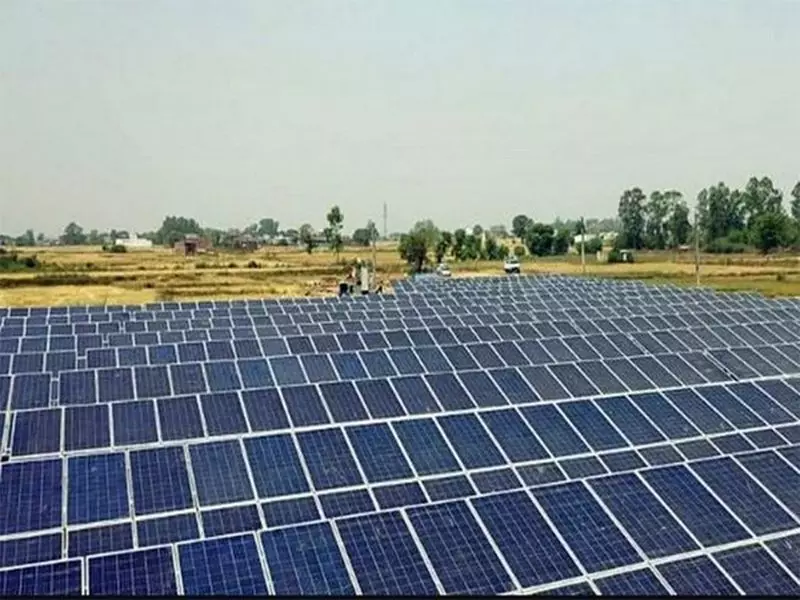
India's spectacular solar energy expansion is poised to unlock a massive recycling opportunity worth approximately Rs 3,700 crore by 2047, according to groundbreaking research from the Council on Energy, Environment and Water (CEEW). This emerging market represents a golden opportunity to transform solar waste into economic value while building a sustainable circular economy.
The Solar Waste Tsunami: From Challenge to Opportunity
As India charges toward its ambitious 2070 net-zero target, the country has witnessed an extraordinary solar capacity surge—growing from less than 10 MW in 2010 to over 73 GW by December 2023. This renewable energy revolution, while environmentally beneficial, is creating a parallel challenge: what to do with aging solar panels and equipment.
The CEEW study reveals that cumulative solar waste could reach a staggering 600 kilotonnes by 2030, with this number expected to multiply rapidly as early installations reach their end-of-life phase. Rather than viewing this as an environmental burden, experts see it as an economic gold mine waiting to be tapped.
Breaking Down the Rs 3,700 Crore Opportunity
The projected recycling market value isn't just a random number—it's calculated based on the recoverable materials from solar panels reaching their operational lifespan. Solar panels contain valuable components including:
- High-purity silicon
- Silver and other precious metals
- Copper and aluminum frames
- Glass components
These materials, when properly extracted and processed, can generate significant economic returns while reducing the need for virgin raw materials.
Policy Framework: Building the Foundation for Success
The study emphasizes that realizing this massive recycling potential requires strategic policy interventions and infrastructure development. Key recommendations include:
- Establishing comprehensive collection and recycling mechanisms
- Developing standards for solar panel recycling processes
- Creating economic incentives for recycling businesses
- Building domestic recycling capacity to handle the growing volume
"The solar recycling market isn't just an environmental imperative—it's an economic opportunity that could create thousands of green jobs while supporting India's energy security," noted a CEEW representative.
Global Context and Local Impact
While countries like Germany and Japan have already developed sophisticated solar recycling industries, India has the advantage of learning from global best practices while tailoring solutions to local conditions. The timing is perfect—the recycling market will scale gradually as solar installations age, giving India time to build the necessary infrastructure.
The transition to a circular solar economy represents a critical step in making renewable energy truly sustainable. By planning now for the eventual retirement of solar assets, India can ensure that its green energy transition doesn't create new environmental challenges.
This forward-thinking approach positions India not just as a solar energy consumer, but as a pioneer in sustainable energy lifecycle management—turning potential waste into wealth and setting a global example for responsible renewable energy deployment.






